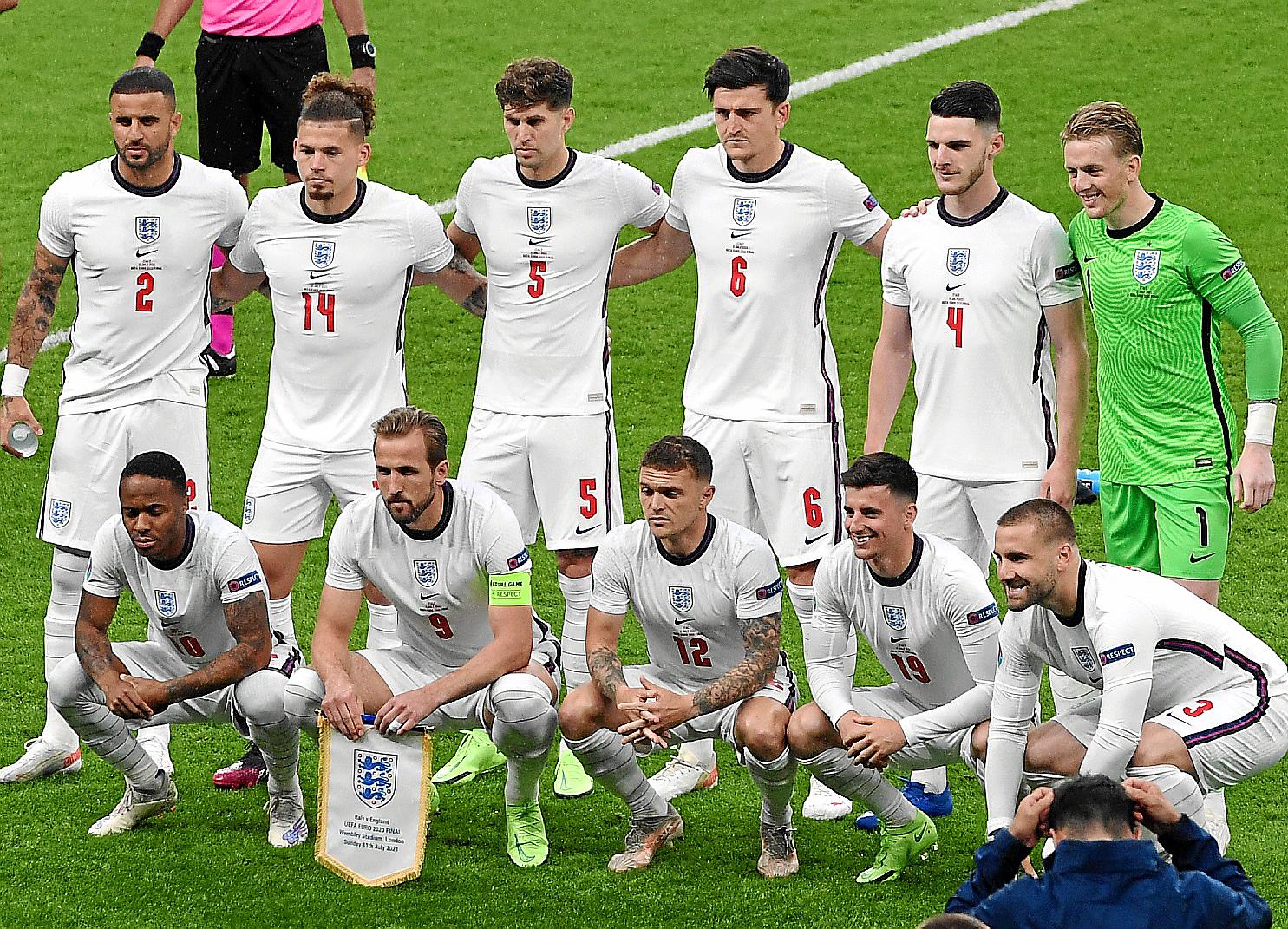
Soccer Football - Euro 2020 - Final - Italy v England | FACUNDO ARRIZABALAGA
Palma16/07/2021 12:14
Reading some of the British papers this week about the social media abuse of the three black British footballers who missed penalties in the Euro final shoot-out that led to England’s defeat, one might get the impression that Britain is a country filled with racists and bigots.

2 comments
To be able to write a comment, you have to be registered and logged in
Donald I think you may be taking about another country... Surely you are not talking about the country which in the 19th century systemised race policy in its Asian and African empire such that the races could not mix in private venues and non whites were banned from jobs with any governance responsibilities? Or are you talking about the country which invented concentration camps in South Africa in tne early 20th century to prevent native insurrections? Maybe you write of the country which imprisoned, tortured and executed Kenyans in the 50s who no longer wanted to be ruled by London? Or perhaps the country that was well used to housing adverts stating, no blacks, no Irish, no dogs, throughout the 50s and 60s? What about the country that criminalised the Windrush immigrants and forced many into exile? Perhaps you are thinking of the country where the current prime minister describes Asian women as letterboxes and black children as picaninnies with watermelon smiles? Your ostrich like views on Britain’s history of racism and continued racism in many of its institutions is marvellous to behold. Might you be angling for an honour from the current administration?
You say, quote, 7.000 blacks are murderrd every year. What you don’t say is that they are mostly black on black incidents and have nothing to do with race. You criticise the BBC and the Guardian but these are exactly the same type of misrepresentations they get up to.